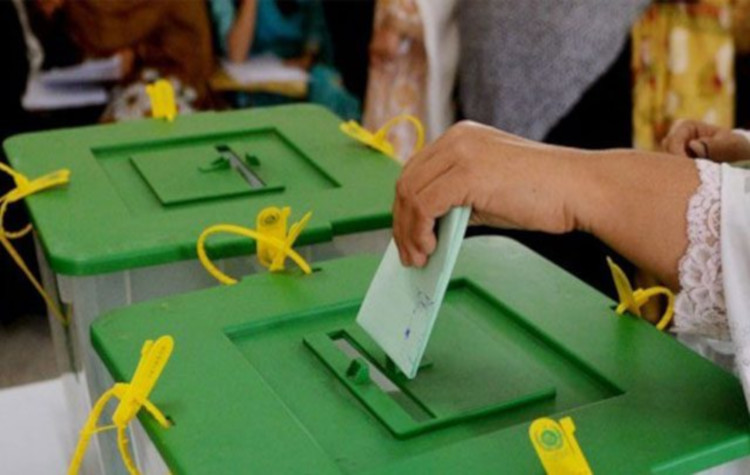(Bangkok/Kathmandu, 25 July 2018) – The Asian Forum for Human Rights and Development (FORUM-ASIA) welcomes and congratulates the people of Pakistan today on Parliamentary Election Day. Today is particularly significant for the country as it takes a step forward in people’s participation and strengthening its democracy. Pakistan has been struggling to strengthen its democracy for the last 71 years, as it juggled various military coups and semi-democratic regimes. Today’s election will only be the second time in the country’s history that power will be transferred from one civilian Government to the other.
However, FORUM-ASIA is gravely concerned over the violence unleashed throughout Pakistan ever since the election process started in June.
An estimated 180 people have died and several hundreds more have been injured in seven violent incidents in the month of July alone. In one particular attack, which targeted a candidate in Balochistan, around 150 people lost their lives. Moreover, candidates representing banned militant groups are contesting elections and nominated by political parties, while they are known for spewing hate against minority communities and women’s rights. Some political parties support the country’s draconian blasphemy law, which is frequently used against minority communities, denying them basic human rights.
The elections are heavily controlled today through: gross censorship; violent attacks on candidates; and heavy deployment of security forces empowered with discretionary powers all over the country. Well known media outlets, such as the Dawn and the Jang Group, have faced heavy censorship by the State. According to reports, newspaper hawkers were not allowed to distribute newspapers from these media outlets for being critical of the role of the military establishment in the elections.
Several political parties, including Pakistan’s ruling party, Pakistan People’s Party, were not able to campaign freely due to interference by the Military using various tactics, including arbitrary detentions of party workers. According to journalists on Twitter, the Election Commission of Pakistan (ECP) failed to issue observer passes to a lot of independent journalists, which goes against the notion of democracy.
FORUM-ASIA condemns all such actions by the authorities, and believes it will have an adverse impact on the voters eligible to vote today. In other words, it will affect free and fair elections.
FORUM-ASIA urges the ECP and other election observers to dutifully support voters to vote freely, and report any violations to the authorities and to the media in order to promote and protect free expression, the backbone of any democratic process. The media must be allowed to report facts, debate the election process, and represent the spirit of democracy without any fear or political intimidation. Only then will Pakistan truly take a next step in its democratisation process.
***
For a PDF version of this statement, please click here.
For further information, please contact:
– South Asia Programme, FORUM-ASIA, [email protected]



